In a latest report, the US Congressional Research Service (CRS) said that the US, UK and Australia face challenges in implementing pillar 2 of the Australia-UK-US Trilateral Security Partnership (AUKUS).
The CRS report asserts that AUKUS was established in September 2021 to promote “a free, open, secure and stable Indo- Pacific region”. The governments of the US, UK and Australia have all identified AUKUS as an important part of their national security strategies. AUKUS is divided into two pillars. Pillar 1 is to provide Australia with nuclear-powered submarines. Pillar 2 is to cooperate in developing “advanced defense capabilities” related to 8 areas, including: Undersea capabilities, quantum technology, artificial intelligence (AI), advanced cyber capabilities, hypersonic and counter-hypersonic capabilities, electronic warfare, innovation and information sharing. The governments of the US, UK and Australia coordinate these areas through working groups.
The CRS report emphasized that to achieve the goals set by AUKUS, the above working groups participate in a series of activities that the Pentagon calls "international cooperation on weapons" such as: Exchange of technical information; exchange of military and civilian human resources; participation in cooperative research, development, testing and evaluation projects; joint procurement efforts and other procurement partnerships... In contrast to pillar 1 of AUKUS, which can take decades to produce results, pillar 2 is expected by the US, UK and Australia to bring "early capability advances".
The report notes that many analysts and policymakers, including lawmakers on Capitol Hill, believe that current US defense export restrictions—which are designed to “protect our technologies and maintain the edge of our warfighters”—could be a barrier to implementing AUKUS Pillar 2. To address this, many suggest “minimal adjustments” to US defense technology export licensing and sharing processes.
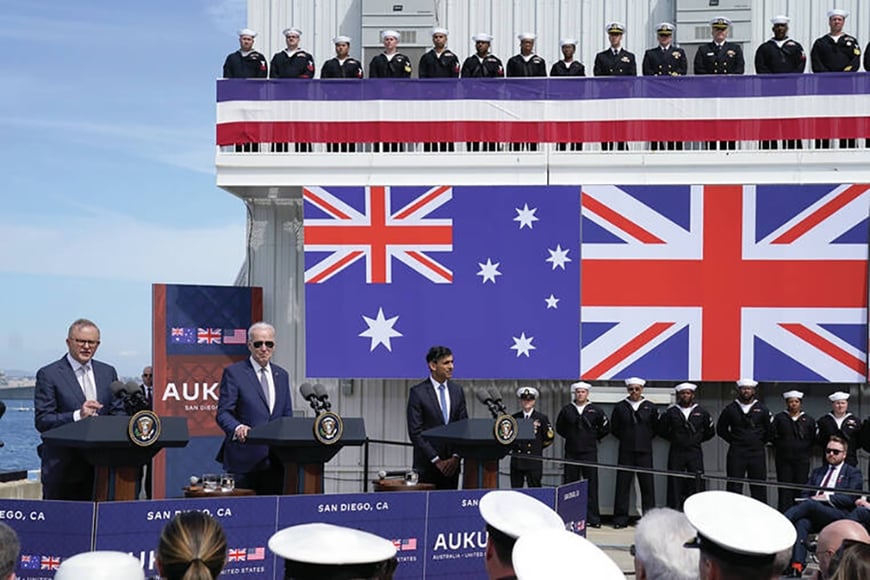 |
| US President Joe Biden, British Prime Minister Rishi Sunak and Australian Prime Minister Anthony Albanese announce the nuclear-powered submarine agreement under the AUKUS framework, March 2023. Photo: AP |
Some have also suggested that AUKUS participants should be “fully exempted” from the above restrictions by the US, citing Cold War precedents that allowed Washington to share sensitive nuclear information with London. “The scale and diversity of activities under AUKUS Pillar 2 could pose challenges for the US, UK and Australian governments. Each of the AUKUS Pillar 2 areas is relatively broad, involving a range of different programs, participants and potential applications,” the CRS report stressed.
Highlighting the impact of AUKUS on Congressional priorities, CRS recommends that Capitol Hill conduct oversight of the coordination of activities within AUKUS between the Pentagon, the State Department, the National Security Council, and other relevant U.S. government agencies. CRS recommends that Congress consider adding new areas to Pillar 2 of AUKUS by creating new working groups or increasing the responsibilities of existing working groups. Capitol Hill could also assess whether Washington’s current AUKUS working groups are underperforming or conducting activities “not necessary to the national defense of the United States” to determine the scope of their activities.
“Congress could also consider asking the Pentagon and State Department to expand Pillar 2 of AUKUS to include additional participating countries, notably New Zealand and Canada (the other two members of the Five Eyes intelligence alliance). In considering whether expanding Pillar 2 of AUKUS is in the U.S. interest, Congress should weigh the potential benefits, such as the capabilities of new member countries, against the potential disadvantages, such as the negative impact on U.S. businesses from competing with foreign businesses,” CRS suggested.
HOANG VU
Source


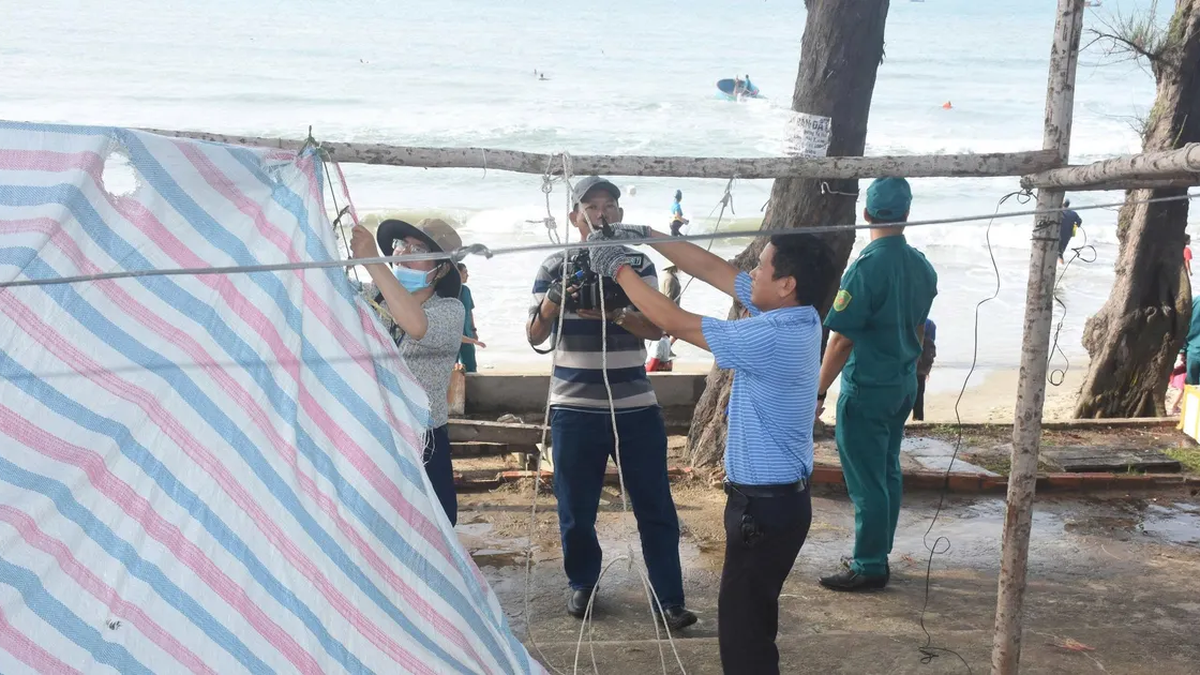
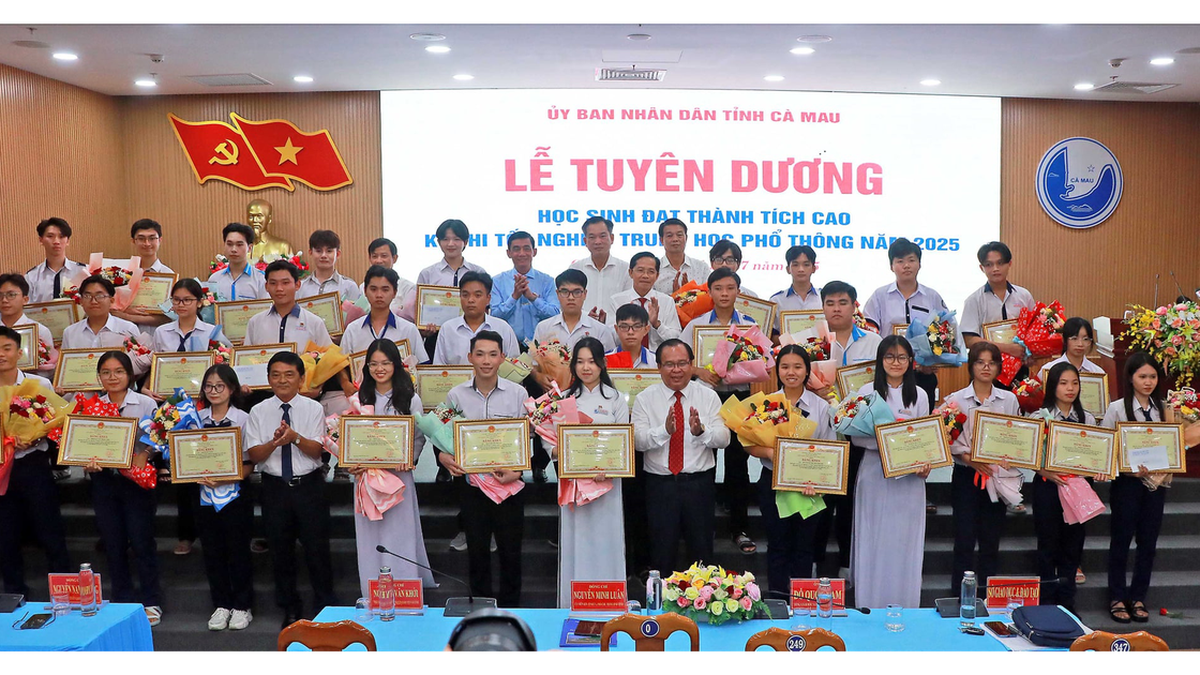
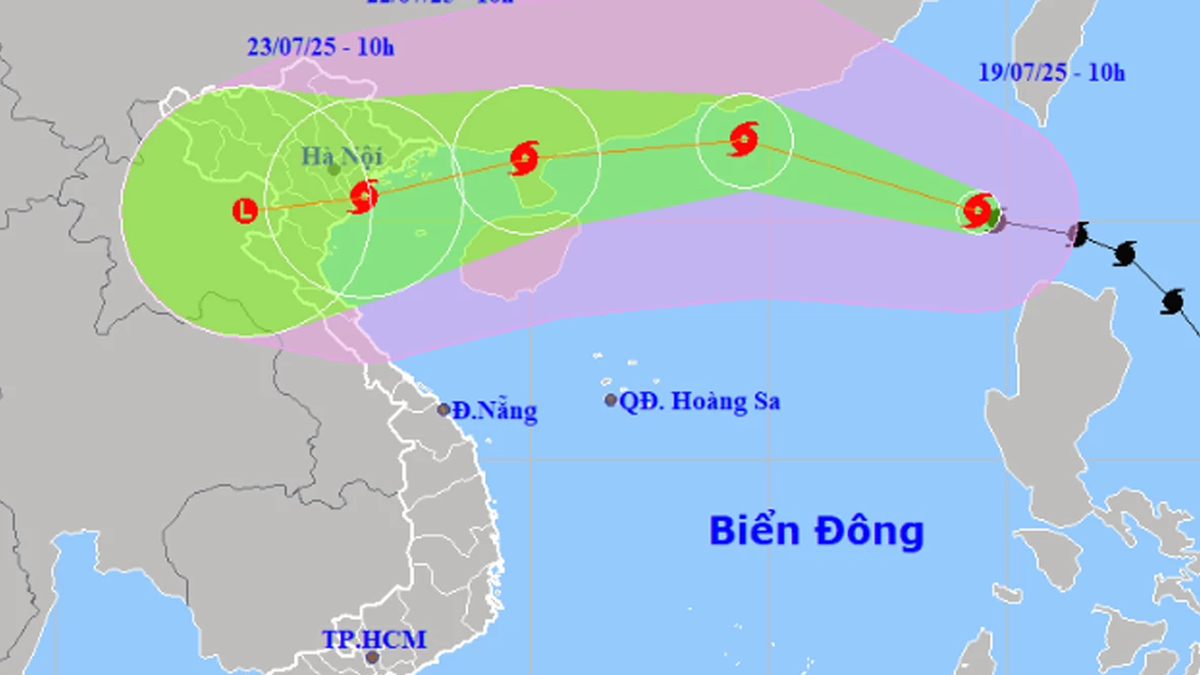


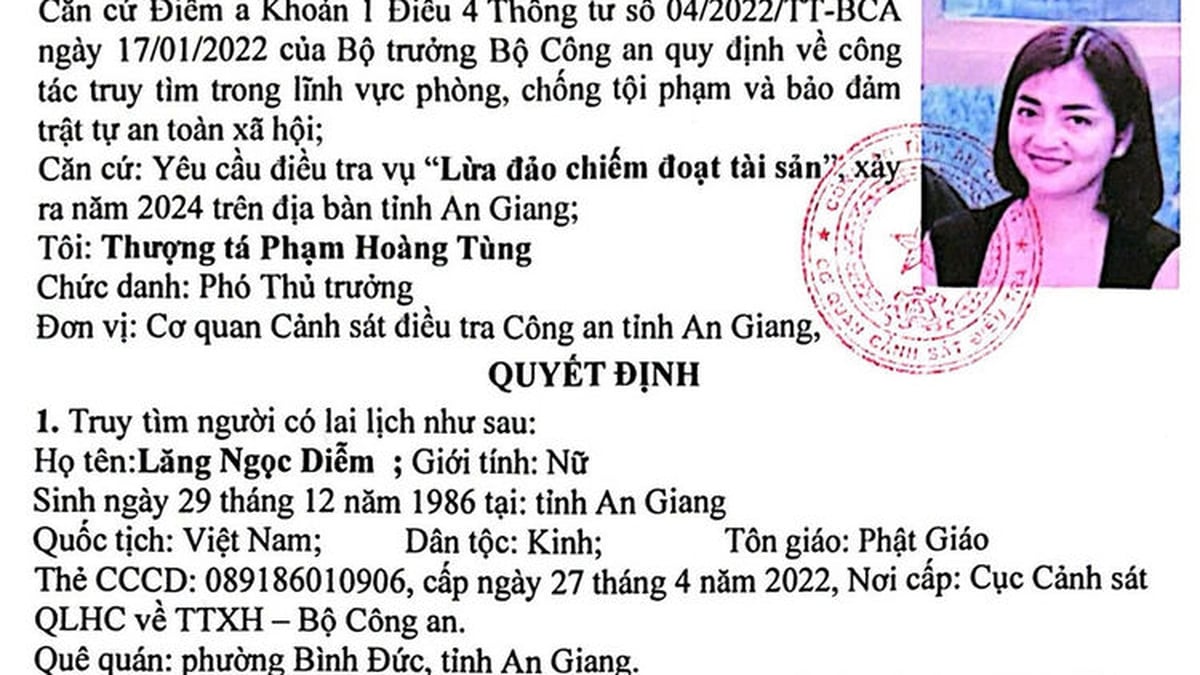

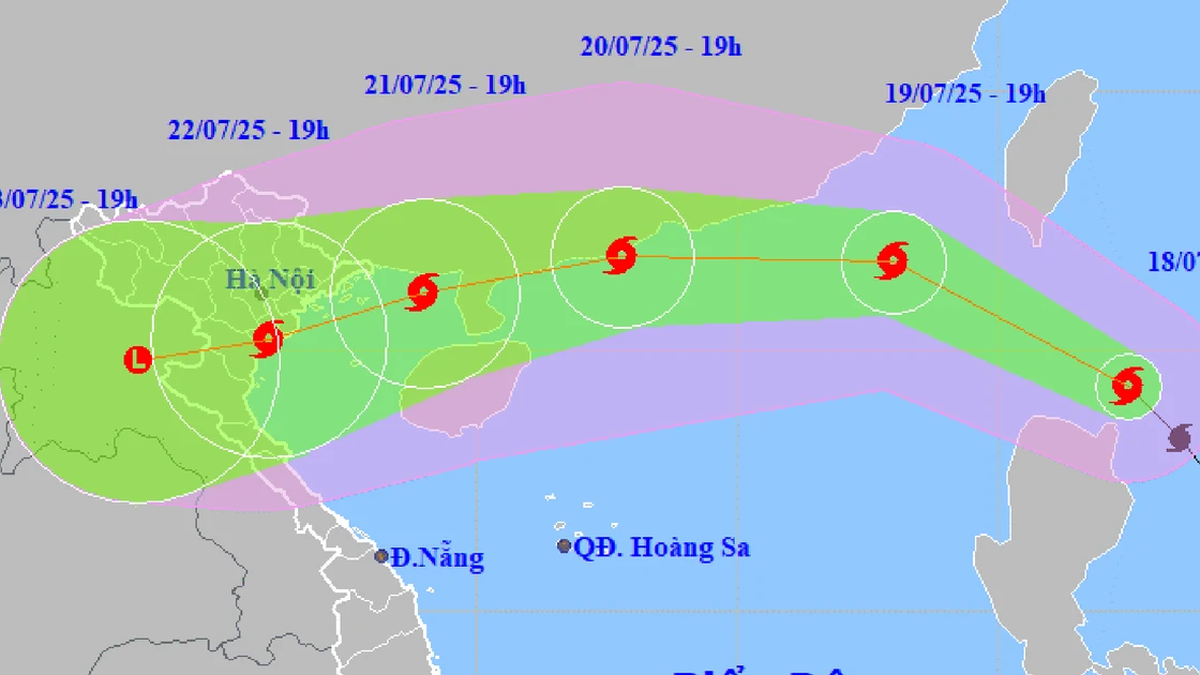


























































































Comment (0)